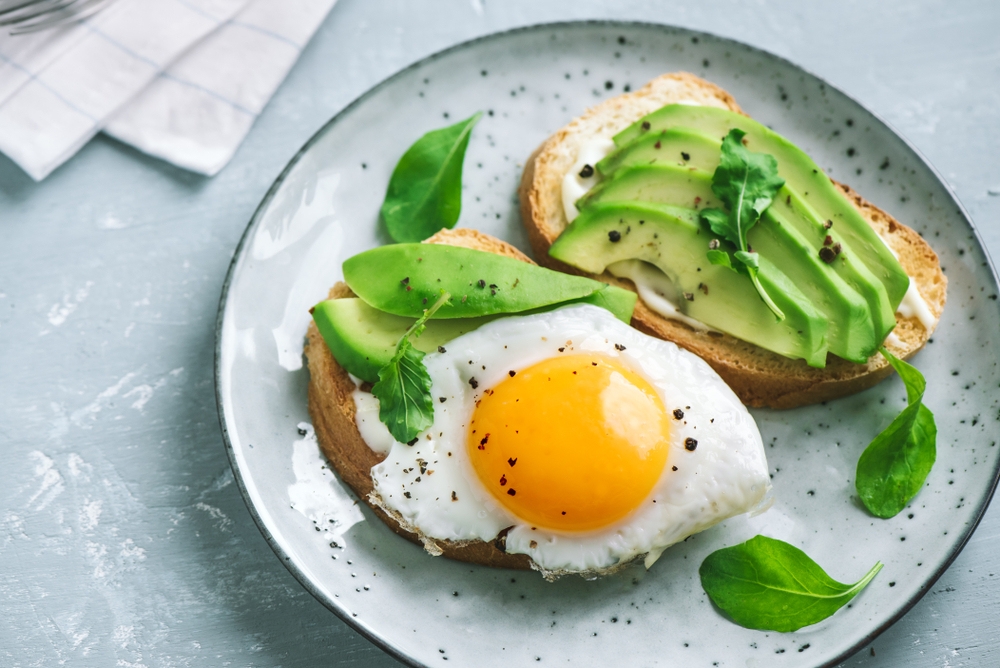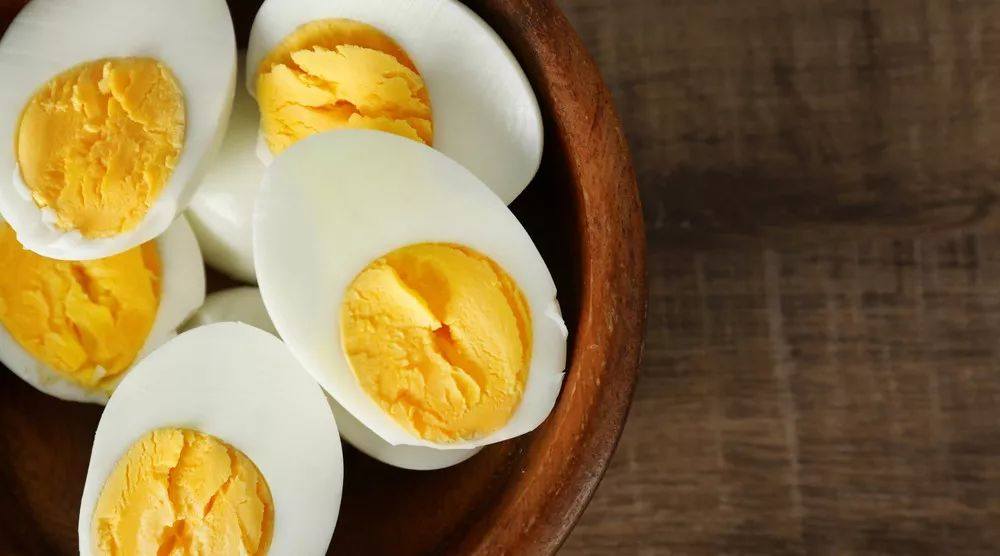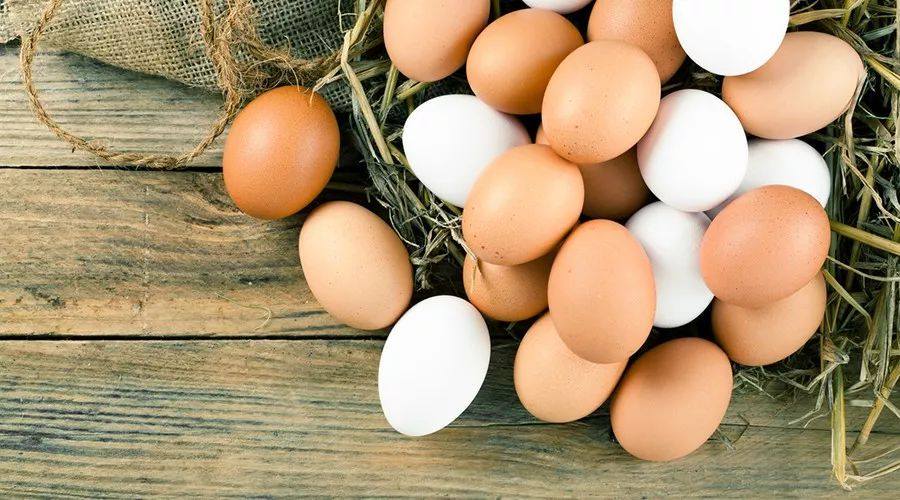
Eggs are simply the best and cheapest food.
Nutrition is good, price is close to the people, how to do it is delicious!
However, there have always been many questions about eggs:
How many do you want to eat a day?
Which is better, well-cooked egg or soft-boiled egg?
Are native eggs more nutritious?
… …
Today, Dr. Clove will come and make it clear!
How many eggs can I eat a day?

Don’t eat eggs, afraid of high cholesterol!
Because there is a lot of cholesterol in egg yolk, many people have long been afraid to eat eggs.
But in fact, more and more studies have found that [eating eggs leads to high cholesterol] is untenable.
The human body has a set of ways to regulate cholesterol by itself, not [eat more, you have more blood].
The latest edition of the Dietary Guidelines for Chinese Residents has deleted the cholesterol limit and recommends that everyone eat one egg every day without discarding egg yolk.
Eggs have been wronged for many years. If you like to eat eggs and are healthy, eating one a day will not have what problems.
However, if it is a patient with hyperlipidemia and the body’s ability to metabolize cholesterol is insufficient, it is necessary to restrict diet and consult a doctor before eating.
Which is better, well-done or soft-boiled?

Which is better, a fully cooked egg with completely solidified egg yolk or a loose-boiled egg with flowing egg yolk?
This problem is divided into three parts-
1. Nutrition: tied
Fully cooked eggs are conducive to the digestion and absorption of protein, while soft-boiled eggs retain more vitamins, which can be said to have their own advantages and little difference.
2. Safety: Fully cooked eggs win
The yolk of the soft-boiled egg is still semi-liquid, indicating that the sterilization temperature (71 ℃) has not been completely reached. If you happen to meet the contaminated egg, you can only ask for more blessings.
3. Taste: You have the final say,
Just like the dispute over salty and sweet bean curd, if you think it is delicious, it is really delicious.
Of course, having risks does not mean [must not eat].
If you are a loose heart party, you’d better buy eggs of qualified quality and properly preserved in large supermarkets, and the risk of bacterial infection is less.
Can’t eggs be eaten with soya-bean milk?

No way.
Eggs and soya-bean milk are the elders of the [food restriction] world.
There are trypsin inhibitors in soybean milk, which can inhibit protein digestion and affect nutrient absorption of eggs.
This statement seems quite scientific… But in fact we all drink cooked soybean milk. Trypsin inhibitor has long been inactivated in the process of cooking soybean milk and can no longer inhibit protein digestion.
So don’t worry, when drinking soya-bean milk for breakfast, please mix white boiled eggs, tea eggs and poached eggs at will. Don’t worry at all. (Except for raw eggs washed with soya-bean milk, eggs are not cooked! )
To be honest, most of the food taboos we have heard are fake.
Is native eggs better?

Because of the word “soil”, soil eggs are often considered to be “more delicious”, “more nutritious” and “safer”.
But the truth is: native eggs are more expensive and easy to counterfeit, but they are not necessarily better in terms of safety and nutrition.
1. Nutrition: Small difference
Nutritionally speaking, the data from < < China Food Composition Table > > tell us:
Compared with foreign eggs, native eggs have slightly higher protein, carbohydrate, cholesterol, calcium, zinc, etc. Fat, vitamin A, nicotinic acid, etc. are slightly lower.
Moreover, the nutritional difference between native eggs and foreign eggs is very small, which may not be comparable to the difference between different foreign eggs.
2. Taste: Most people think native eggs are better to eat
This may be because native chickens eat worms and chicken food in the environment, and some fat-soluble flavor ingredients will be transferred to eggs, making native eggs have different flavor. If you think native eggs are delicious, of course you can buy them. However, if it is only for the so-called “good nutrition”, it is really unnecessary.
3. Safety: Native eggs are more vulnerable to infection,
Native chickens are more susceptible to infection than those raised in regular modern breeding factories. In particular, the so-called farm native eggs should not be used as soft-boiled eggs.
4. Red-skinned eggs are more nutritious?
It’s not reliable! The color of eggshell is determined by chicken genes, and there is little difference in nutrition.
